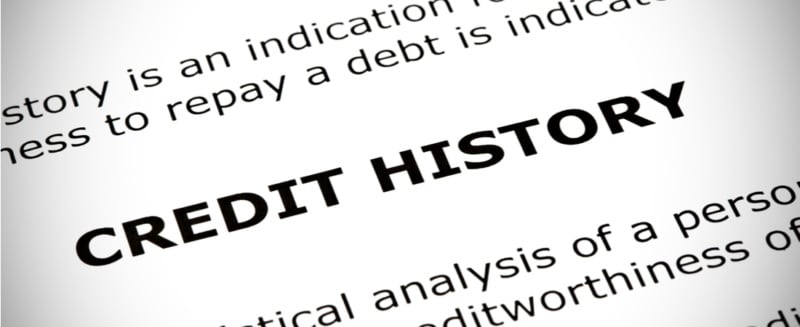Your credit score is probably one of the most important scores you’ll ever receive.
It can save you thousands or cost you thousands when taking our loans, and can even determine what kind of car you get or whether or not you can buy a home.
While people often hem and haw over their credit score, many people don’t know exactly what it’s made of or how to go about improving it. This week on the Ilyce Glink radio show, Steve Ely, CEO of eCredable, a consumer-oriented credit reporting agency, shares the five main components of your FICO credit score. If you need to rebuild your credit, start by looking at how you measure up in these five areas.
1. Your payment history
Do you pay your bills on time? Your payment history accounts for 35 percent of your credit score so paying your bills on time every month is essential for a good credit score. If you pay the whole balance every month you can avoid paying interest fees. If you can’t pay your credit cards off every month, at least make the minimum payments.
Late payments, the length of time they are late and how often they are late can have a serious negative impact on your credit score. Being late just one time can seriously drop your score.
2. The amount you owe
The debt you have across all credit lines factors into your credit score because it demonstrates to lenders how heavily you rely on credit to meet your financial obligations.
“If you owe $10,000 in debt and you make $150,000 that’s not so bad but if you owe $10,000 and you make $30,000, that’s not very good and that could hurt you quite a bit,” Ely says.
Besides the ratio of your income to your debt, pay attention to the ratio of the credit you use to the credit you have available. Lenders don’t want to see you’ve maxed out your credit lines.Try to keep the amount you owe under 35 percent of your total available credit.
3. The length of your credit history
If you are a little bit older and you have had your credit accounts open for 10 to 15 years that is going to look strong to lenders, Ely says. If you’ve only had a credit account for one year that will not help as much, he explains. Be wary of closing old credit card accounts because it could affect the length of your credit history.
Bear in mind that you want to actually use the credit accounts you have available to build a history of paying on time. Rather than letting your credit cards collect dust, use them and pay off the balance every month.
4. New credit
Have you opened several new credit cards recently? New credit accounts for 10 percent of your credit score, and lenders don’t want to see a lot of it at once. They want to see that you can handle your current accounts responsibly before you open up new accounts, and that you’re not taking on more than you can handle.
5. Blend of credit
Finally, the types of credit that you carry accounts for 10 percent of your credit score.
“If you have a credit card and an auto loan and a mortgage, that’s really good,” Ely says. “If you just have a bunch of credit cards, that’s not going to help you quite as much.”







Thank you for your great tips, I do have credit card debt but we have paid our house off and both of our suv and truck are paid for, both are 2007’s, My husband and I are both retired and we both worked on our job’s 35 and 36 years. Thank you again, Linda
My credit score is really good, but it has gradually gone down over the last several months. I pay off my credit cards every month and seldom am I late on a payment ( maybe once a year and only then by a couple of days ). I don’t charge a lot on my cards. The only thing that I can see that could be affecting the score is the fact that I don’t have a car loan or a mortgage. I should be rewarded for this not penalized – right? Am I supposed to rush right out and buy a car? or take out a line of credit on my house?